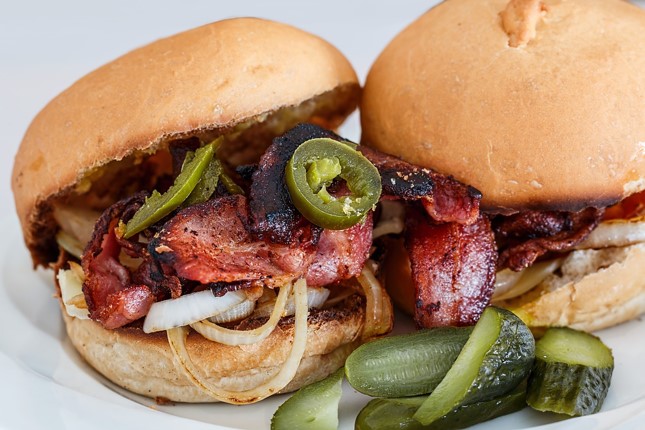In a society so focused on physical image, it can be easy to get caught up in the latest diet trends and listen to the opinions of influencers who often aren’t nutrition and exercise experts. The trouble with a lot of these diets and opinions is that they often villainise certain foods and make us feel terrible for eating them. Obviously, having calorie dense, low nutrient food for every meal of the day is not great for your health in the long run, but having something delicious that you thoroughly enjoy once or twice a week is going to have minimal, if any effect on you, your health, and your physique. If anything, it is good for your mental to “splurge” a little here and there, particularly if you are enjoying a meal with friends or loved ones.
For the most part, there are no “bad” foods. Sure, there are foods that are jam packed full of nutrients and other good stuff that we need to eat daily, and there are other foods that are best enjoyed on occasion. The key to building a good diet that allows you achieve and maintain your health goals is to make it relative to your lifestyle, and to include some flexibility and enjoyment.
Many diets nowadays are often too strict and cause health complications and eating disorders. An extreme example of this is crash dieting, whereby you omit certain macro or micronutrients or eat a restricted number of calories per day for a period of time to achieve a particular weight loss goal (lose 5kg in a week, etc.). There is often no flexibility or no consideration for the person doing the diet and it can cause physical and mental health problems that can take months if not years to fix. Obviously, there are some health conditions that require a person to omit certain foods from their diet, but this should always be done under the care of a qualified health and nutrition expert to make sure that there no nutrient imbalances being caused.
As mentioned before, a good diet is one that is tailored to you and your lifestyle. Some one like Michael Phelps in the prime of his career was eating upwards of 12,000 calories a day, and a lot of these calories were coming from foods such as pizza, energy drinks and pasta. It should be noted that he did this under the care of some the best health and nutrition experts in the world, and if the average joe was to eat that amount of food in a day consistently, they would be obese very quickly, or potentially in hospital. But Michael Phelps would swim upwards of 80kms a week and workout twice a day, he needed that amount of food to keep up with his training and competition demands.
The point here is that food should not be seen as “bad”, but rather what you eat should be based around your lifestyle and if you have any health and fitness goals or medical conditions. If you are consistently eating what is necessary to achieve your goals in life, then there is absolutely nothing wrong with enjoying the occasional “splurge” here and there.
Key Points
- A good diet is one you can stick to and works with your lifestyle
- Short term or fad diets should be avoided as they can lead to eating and health disorders
- If you are consistently eating the foods that support your lifestyle and help you to achieve any health and fitness goals, there is nothing wrong with the occasional splurge
- In fact, occasionally splurging can be good your mental health
- Do not try to eat 12,000 calories a day, unless you are Michael Phelps or any other high-level athlete constantly being monitored by health professionals
- If you are unsure of how to plan a diet, have a medical/health condition and/or are training for a specific goal, speak to a health and nutrition expert to get better idea of what to eat
- Finally, everything in moderation, including moderation

